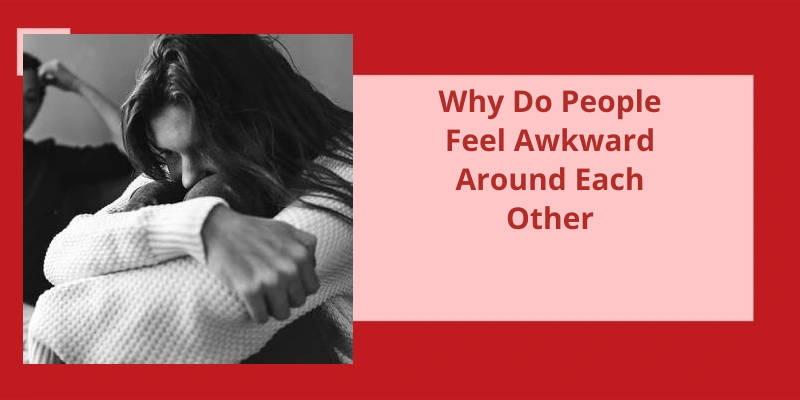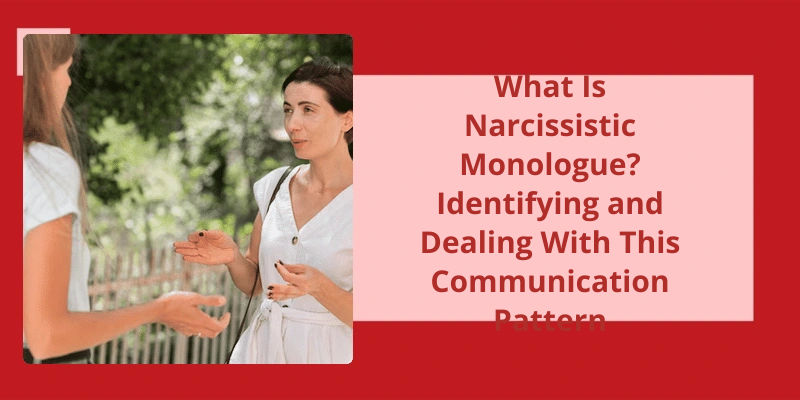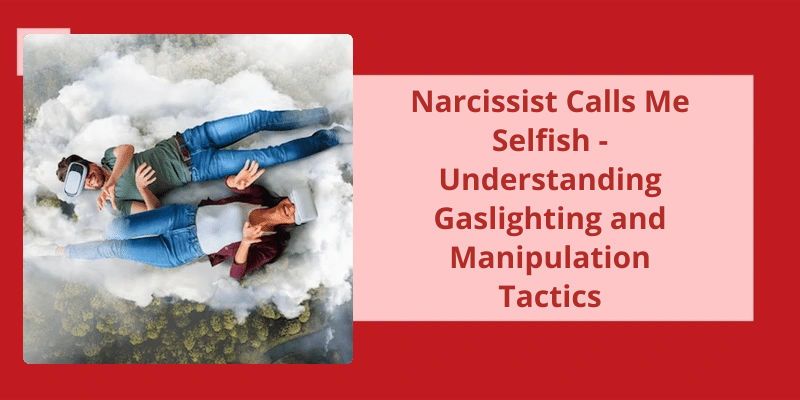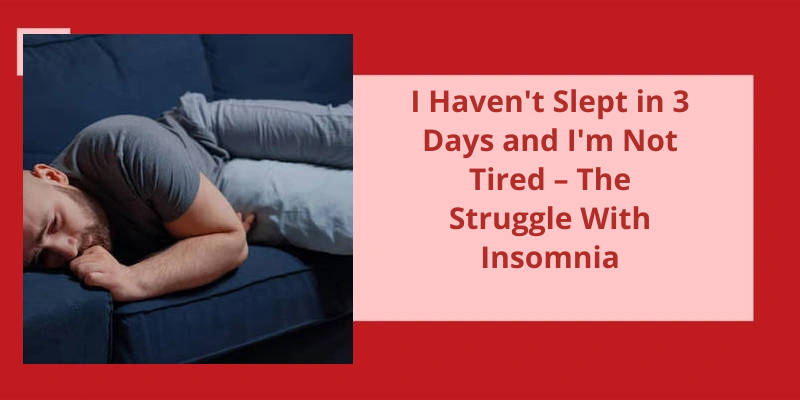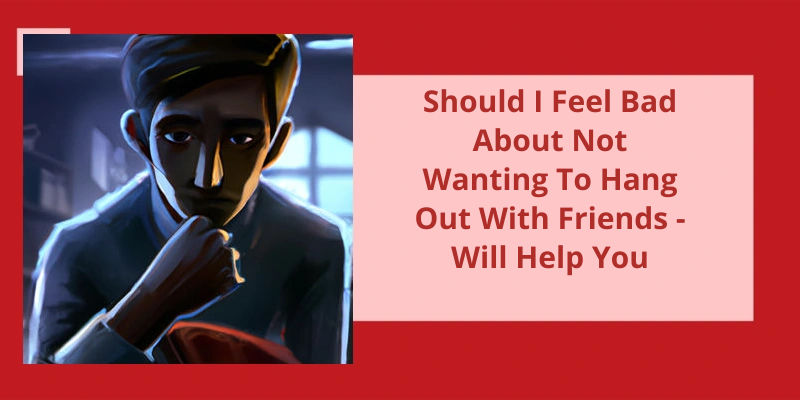Why do people feel awkward around each other? This is a common question that arises when we find ourselves in situations where we experience discomfort or unease when interacting with others. One possible explanation for feeling uncomfortable around someone is a deep emotional connection or attraction. When we’ve strong feelings for someone, it can be intimidating to express ourselves fully, leading to awkwardness and a fear of rejection. On the other hand, a toxic or intimidating person can also make us feel uneasy, as their presence may constantly put us on edge and make us question our own worth. Not knowing what to say or how to navigate social interactions can create anxiety and a fear of awkward silences, leading to discomfort when around others.
What Does It Mean to Be Awkward With Someone?
Social awkwardness refers to the discomfort or unease that individuals experience when interacting with others. It’s a subjective feeling characterized by a range of emotions, such as anxiety, self-consciousness, and insecurity. When someone is awkward with another person, it often manifests through various signs that can be observed in their behavior and communication.
This nervousness can cause a person to fumble with their words, stumble over their sentences, or even have physical symptoms like blushing or sweating excessively. They may constantly worry about how they’re being perceived or judged by others, leading to heightened self-awareness and discomfort.
This means that individuals may struggle to interpret facial expressions, body language, or tone of voice accurately. This can lead to misunderstandings, miscommunications, and ultimately, feelings of social discomfort.
Individuals who feel awkward with others often actively avoid socializing whenever possible. They may decline invitations to social events, prefer to stay home alone, or limit interactions to only essential situations. This avoidance stems from the fear of potential embarrassing or uncomfortable situations, where they may feel judged or rejected.
Conversations with socially awkward individuals might not flow smoothly. There may be frequent pauses, lulls, or difficulty in finding common ground. Awkward communicators may struggle with initiating or sustaining conversations, often leading to uncomfortable silences. This can contribute to a sense of awkwardness and difficulty connecting with others.
Overall, feeling awkward around someone hinders genuine connection and intimacy in social settings. It prevents individuals from fully expressing themselves, sharing thoughts and emotions openly, and forming meaningful relationships.
Factors That Contribute to Social Awkwardness
Factors that contribute to social awkwardness can vary from person to person. Some common factors include a lack of social skills or experience, self-consciousness, anxiety, and fear of judgment or rejection. Additionally, past negative experiences or low self-esteem can also play a role in feeling awkward around others. It’s important to remember that everyone experiences social awkwardness at some point and that it’s a normal part of human interaction.
There could be various reasons why your crush feels awkward around you. It could be possible that they’re aware of your feelings and feel uncomfortable because they don’t share the same sentiments. On the other hand, their awkwardness might stem from your behavior, making them perceive it as creepy or off-putting. Alternatively, it’s conceivable that they actually like you but struggle with expressing their emotions.
Why Does My Crush Feel Awkward Around Me?
The phenomenon of feeling awkward around someone, particularly when there’s a romantic interest involved, can be complex and multifaceted. One potential reason why your crush might feel awkward around you is that they’re aware of your feelings towards them, but don’t reciprocate those emotions. This realization can often create a sense of discomfort and unease, as they might fear hurting your feelings or jeopardizing the existing friendship between you both.
Another possible explanation for their awkward behavior could stem from the way you’re interacting with them. If your actions or words come across as creepy or intrusive, it’s natural for the person to feel uncomfortable in your presence. It’s essential to be mindful of personal boundaries and ensure that you’re respectful and considerate in your approach to avoid any potential discomfort.
It isn’t uncommon for individuals to experience a sense of vulnerability or fear of rejection when it comes to confessing their emotions. Consequently, this uncertainty may cause them to act awkwardly or even avoid direct interactions, unsure of how to navigate the situation or gauge your response.
Perhaps they’re naturally shy or socially anxious, or they may be dealing with personal issues unrelated to your dynamic. Keep in mind that everyone has different comfort levels and reactions, so it’s best to approach the situation with empathy and understanding.
In any case, if you notice signs of discomfort or awkwardness from your crush, it may be helpful to initiate an open and honest conversation. Creating a safe space for both of you to express your feelings and concerns can help alleviate tension and address any misunderstandings. Remember to be attentive to their reaction and respect their boundaries, as this will contribute to building a healthier and more comfortable dynamic between you both.
Source: I’m so awkward around the men I like
Ultimately, being socially awkward isn’t inherently bad or harmful. It’s a personal trait that may or may not affect your daily life. If your social awkwardness doesn’t bother you or impede your ability to live a fulfilling life, there’s no need to feel pressured to change. However, if you do feel bothered by it or find that it limits your experiences, there are ways to work on improving your social skills.
Is It OK to Be an Awkward Person?
Is it OK to be an awkward person? The bottom line. Theres nothing wrong with being socially awkward. Whether you recognize your social awkwardness or not, it generally isnt bad or harmful, unless it bothers you or keeps you from doing things you want to do. But if you feel like youre doing just fine, don’t feel pressured to change.
Being socially awkward simply means that you struggle with certain social interactions or find it difficult to connect with others in a smooth and confident manner. It doesn’t make you any less deserving of acceptance or success. In fact, many people find awkwardness endearing and refreshing, as it often comes across as genuine and authentic.
If your social awkwardness is causing distress or holding you back from pursuing your goals, there are strategies you can explore to help you navigate social situations more comfortably. Working on building your self-confidence, practicing active listening, and seeking support from trusted friends or professionals can make a difference. Remember, social skills can be learned and improved over time, and it’s never too late to grow.
Ultimately, the key is to embrace yourself and your unique quirks. It’s not something to be ashamed of, but rather a part of what makes you who you are. So, if youre content with your level of social awkwardness and it’s not hindering your happiness or growth, theres no need to change. Be proud of who you’re and embrace the awkwardness that makes you beautifully unique.
Navigating Dating and Relationships as a Socially Awkward Person
- Feeling nervous about meeting new people
- Struggling with small talk and conversation starters
- Difficulty expressing emotions and thoughts
- Misinterpreting social cues and body language
- Feeling uncomfortable in crowded or noisy environments
- Fear of rejection or judgment
- Overthinking interactions and worrying about making mistakes
- Uncertainty about initiating or responding to romantic advances
- Finding it challenging to maintain eye contact or physical touch
- Difficulty understanding others’ intentions or expectations
- Struggling with initiating or maintaining conversations via text or online dating
- Feeling overwhelmed by the dating process and uncertainty
- Fear of being alone or never finding a compatible partner
- Seeking support from friends, family, or therapists
- Learning and practicing social skills through books, courses, or workshops
- Taking things at your own pace and setting boundaries
- Exploring niche dating apps or communities
- Focusing on shared interests or activities as a way to connect with others
Conclusion
In conclusion, the feeling of awkwardness between individuals can stem from various factors, including unexpressed emotions, toxicity in the relationship, or intimidation. However, it’s essential to consider that discomfort may also arise from deeper issues such as social anxiety or inadequate social skills. By recognizing and addressing these underlying causes, individuals can work towards cultivating more meaningful and comfortable connections with others, fostering healthier relationships based on understanding and open communication.

